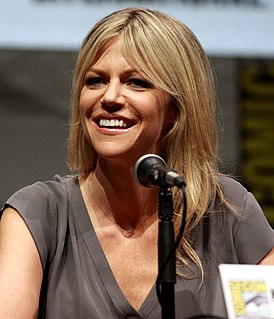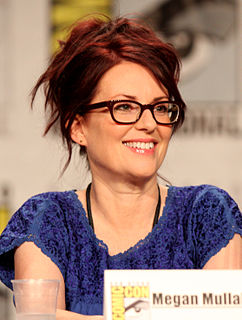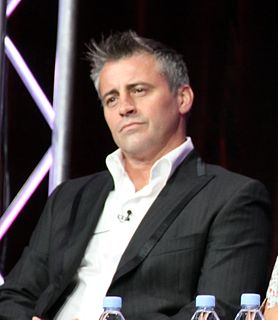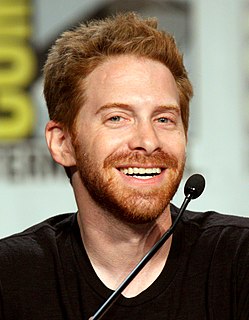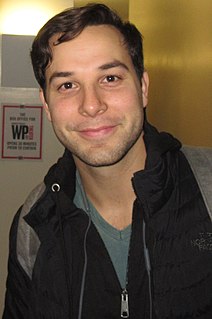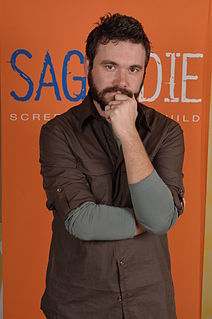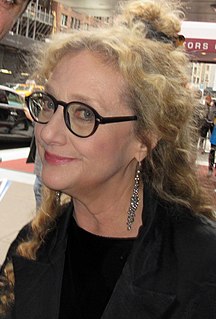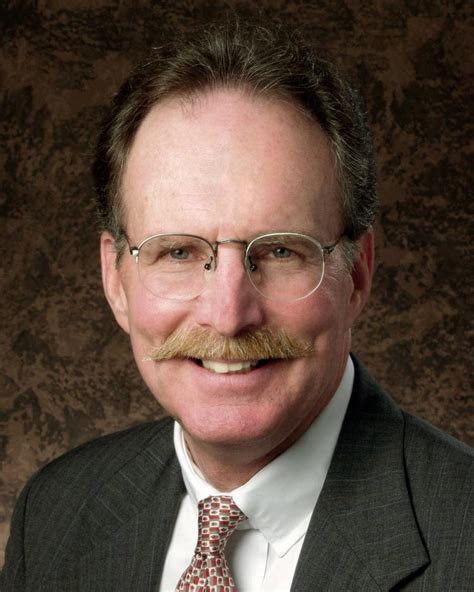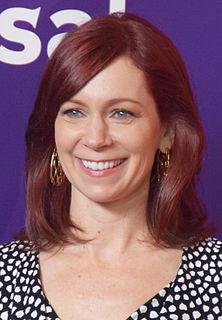A Quote by Kaitlin Olson
It would be great to do another television show that was a multi-camera because the hours are so wonderful and you can be a good mom at the same time. The problem is, there aren't a lot of multi-camera shows that I personally like. My aesthetic is more geared toward single-camera shows.
Related Quotes
'The Martin Show,' the 'Jamie Foxx show,' 'Living Single,' 'The Wayans Brothers,' 'Hanging with Mr. Cooper...' Some of these shows were good, some were typical television, but they facilitated a lot of work for blacks in front of as well as behind the camera. A lot of us in Hollywood thought it was the beginning of a real racial breakthrough.
The majority of my background is multi-camera format, which is very broad and a very arch perception of reality. Whereas single camera tends to be more truthful and a little more intimate of a medium. Friends was an education in intelligent comedic banter; in intelligent vernacular. It was an education in scene study. It was an education in group dynamic. I came out of there with a masters degree in comedy.
